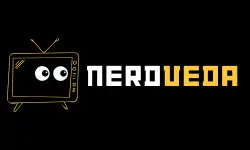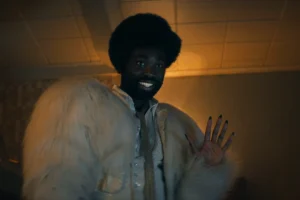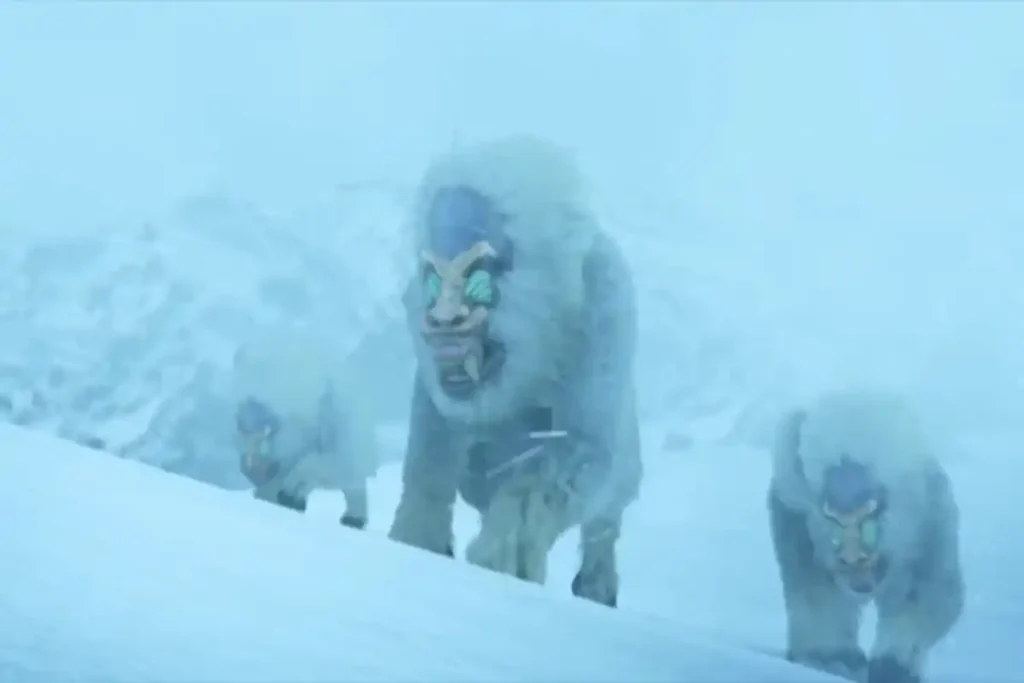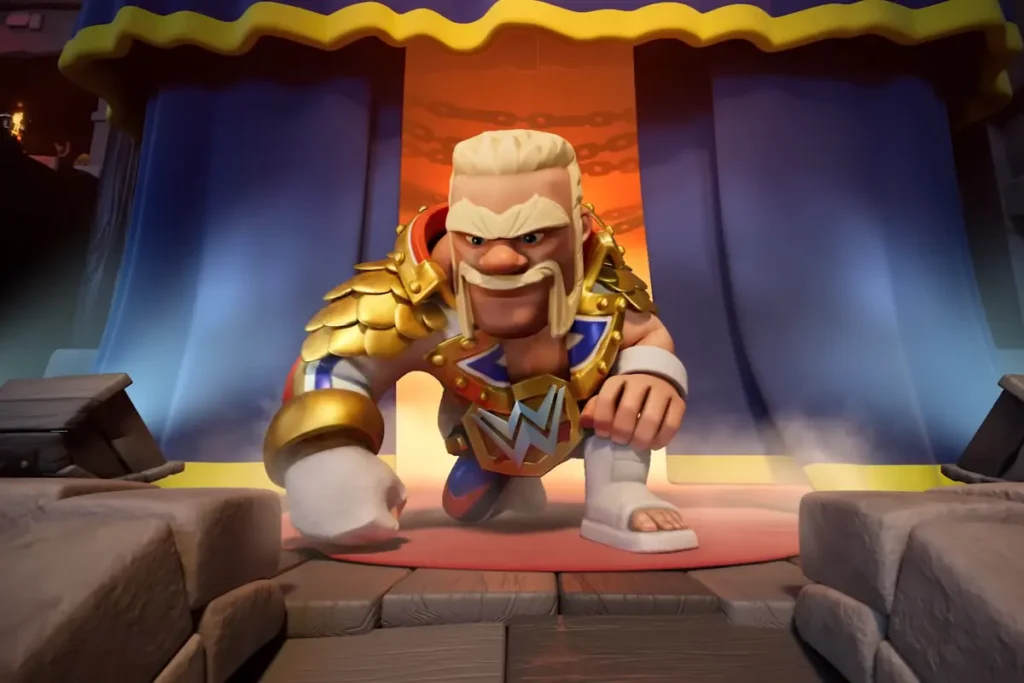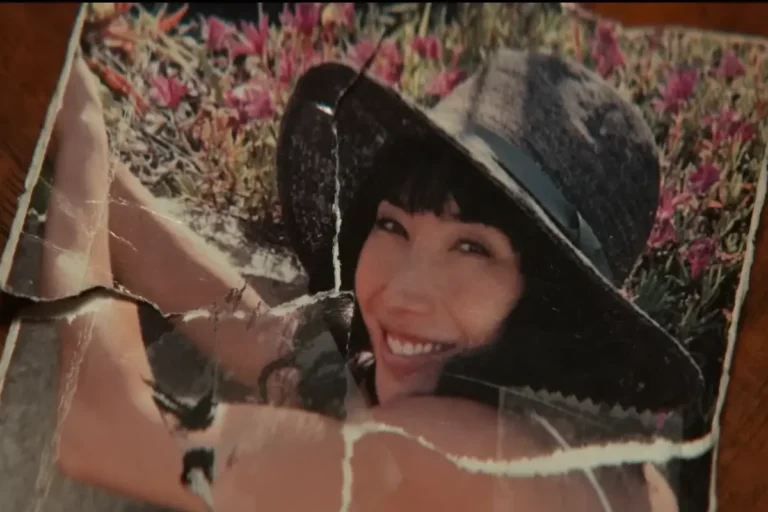Summary:
- Moana translates to “ocean” or “deep sea” in Polynesian languages.
- It holds cultural significance, symbolizing a connection to the ocean in Polynesian traditions.
- Moana was traditionally gender-neutral but is now often associated with femininity.
- Disney’s Moana highlights these cultural connections, blending tradition and modern storytelling.
The name Moana is rich with meaning and deep cultural significance, primarily translating to “ocean” or “deep sea” in various Polynesian languages. It carries a deep connection to the sea, central to the identity and way of life for many island nations like Samoa, Hawaii, and New Zealand.
What Does ‘Moana’ Name Mean in Polynesian Culture?

In languages such as Hawaiian, Māori, and Tahitian, Moana directly translates to “ocean” or “deep sea.” The name reflects the ocean’s profound importance in Polynesian life—fishing, navigation, and cultural practices revolve around the water. The term’s symbolism extends to personal traits like depth, strength, and mystery, much like the ocean itself. Historically, Moana has been used for both genders, representing a shared reverence for the sea across Polynesian communities.
READ MORE: Moana: Is Maui Based on a Real Polynesian Legend?
How Disney’s Moana Reinforces Cultural Themes

Disney’s 2016 film Moana brought new attention to the name, especially in its feminine form. The story of Moana Waialiki, a brave young woman chosen by the ocean to restore balance, echoes themes of exploration and self-discovery common in Polynesian oral traditions. The movie merges traditional cultural elements with modern storytelling, making Moana a global symbol of courage, adventure, and respect for nature.
READ MORE: Hitpig! All You Need to Know About the Upcoming Animated Film
Source: Wikipedia and Mom Junction
Stay updated with the Latest News and Stories, follow us on our social media platforms.
You can follow us on:
Stay Connected!! Join our Whatsapp Channel
